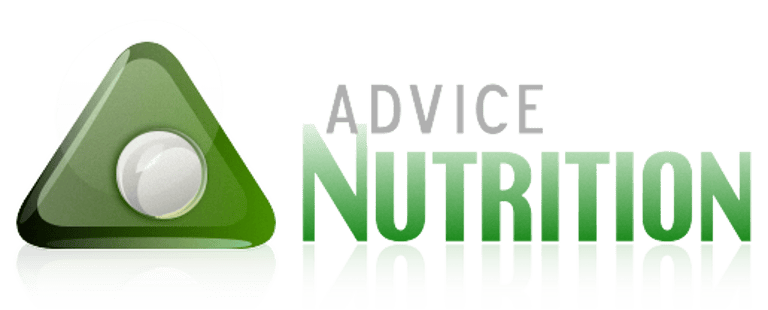How to Boost Your Immune System Naturally with Food
Discover the best foods to strengthen your immune system naturally. Learn how vitamins, minerals, and healthy eating habits can protect your body from illness.
NUTRITION AND MENTAL HEALTHNUTRITION ADVICEHEALTHLIFESTYLE
9/4/20252 min read


Introduction
Your immune system is your body’s defense army against infections, viruses, and harmful bacteria. While genetics and lifestyle play roles in immunity, nutrition is one of the most powerful tools you have to stay healthy. Eating the right foods can strengthen your immune system, reduce inflammation, and improve your body’s natural defense mechanisms. In this article, we’ll explore the science behind immunity and how you can boost it naturally with food.
1. Understanding Your Immune System
The immune system is a complex network of cells, tissues, and organs that work together to protect your body. Key players include:
White blood cells: Fight off infections.
Antibodies: Recognize and neutralize harmful invaders.
Gut bacteria: Support immunity by maintaining a healthy microbiome.
A balanced diet ensures that these systems have the nutrients they need to function properly.
2. Key Nutrients for a Strong Immune System
Vitamin C
Found in oranges, strawberries, kiwi, and bell peppers, Vitamin C is a powerful antioxidant that supports the production of white blood cells.
Vitamin D
Sometimes called the “sunshine vitamin,” Vitamin D boosts your body’s ability to fight infections. Sources include sunlight, fatty fish, and fortified foods.
Zinc
Zinc supports immune cell function and wound healing. Found in pumpkin seeds, lentils, and lean meats.
Iron
Important for transporting oxygen in the blood. Deficiency can weaken immunity. Sources: spinach, beans, and red meat.
3. Superfoods That Boost Immunity
Citrus fruits: Rich in Vitamin C.
Garlic: Contains allicin, a compound with antimicrobial properties.
Ginger: Reduces inflammation and supports respiratory health.
Turmeric: Contains curcumin, which has strong anti-inflammatory effects.
Green tea: Packed with antioxidants that enhance immune function.
Almonds: Provide Vitamin E, another essential immune-boosting nutrient.
💡 Related: Check our guide on Best Superfoods You Should Add to Your Diet.
4. The Role of Gut Health
Around 70% of your immune system is located in your gut. A healthy gut microbiome helps regulate immune response.
Eat probiotics (yogurt, kefir, kimchi).
Eat prebiotics (onions, garlic, bananas, oats).
Avoid excessive processed foods and sugar, which harm gut bacteria.
💡 Related: Read Gut Health and Nutrition: The Role of Probiotics.
5. Hydration and Immunity
Water helps flush toxins from the body and keeps cells functioning properly. Herbal teas and broths can also provide hydration and additional immune support.
💡 Related: See our article on The Role of Hydration in Nutrition and Health.
6. Foods to Limit for Better Immunity
Some foods can weaken your immune system if consumed in excess:
Sugary snacks and drinks: Increase inflammation and lower white blood cell activity.
Highly processed foods: Lack nutrients and disrupt gut health.
Excessive alcohol: Suppresses immune response.
7. Lifestyle Habits That Support Immunity
While food is critical, other habits play a role too:
Regular exercise: Boosts circulation of immune cells.
Adequate sleep: 7–9 hours helps immune recovery.
Stress management: Chronic stress weakens defenses.
8. Sample Immune-Boosting Daily Meal Plan
Breakfast: Oatmeal with banana, walnuts, and a green tea
Lunch: Grilled salmon with spinach and quinoa
Snack: Yogurt with berries and chia seeds
Dinner: Chicken stir-fry with garlic, ginger, and broccoli
Conclusion
Boosting your immune system naturally doesn’t require supplements or complicated routines. By eating a diet rich in vitamins, minerals, antioxidants, and probiotics, you give your body the tools it needs to stay strong against infections. Pair good nutrition with proper sleep, stress management, and physical activity, and you’ll create a lifestyle that supports long-term immunity.
